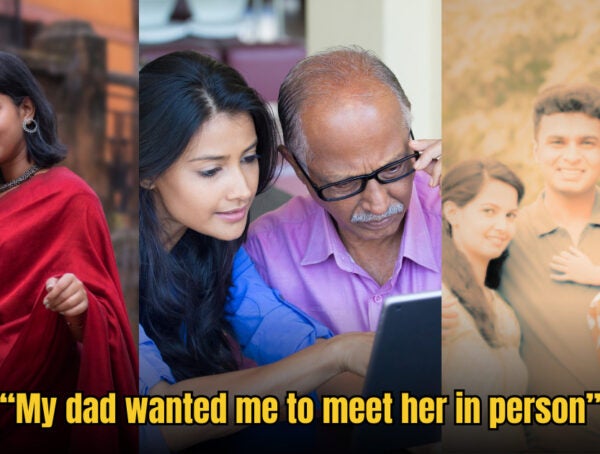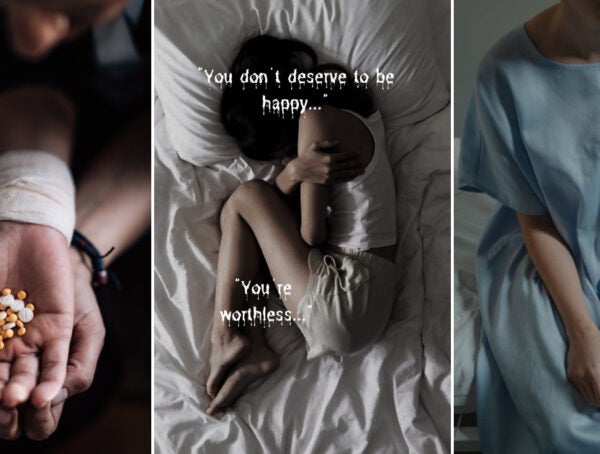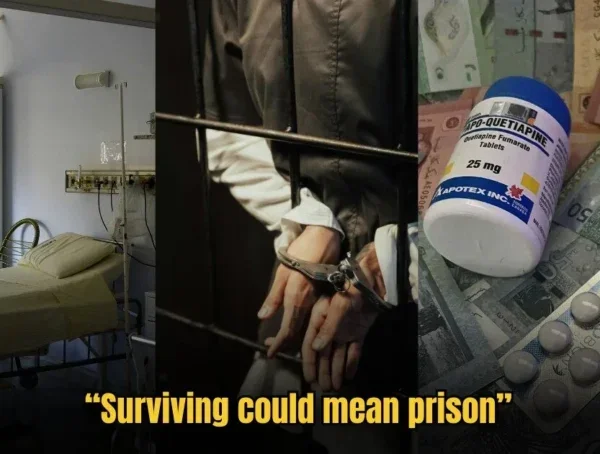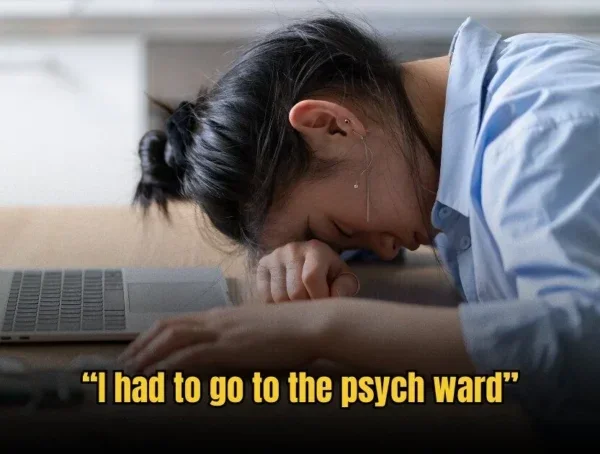The divorce was not a long-drawn-out affair. What caused the divorce is still painful to talk about, so suffice to say that after a year of fights and disagreements, she wanted to call it quits. I agreed.
I left the life I had built and did what most in this situation do: Go back home to Malaysia.
I threw myself into my new job, but in the office, I was known as the coldly distant one. I overheard one of my colleagues say it, “He’s nice, but… something is off with his personality.” or “His smile and laugh, there’s something…fake about it.”
They were right.
I was going through the motions of life and living. Inside, I felt like someone had sawed open the top of my head, and literally hollowed me out.
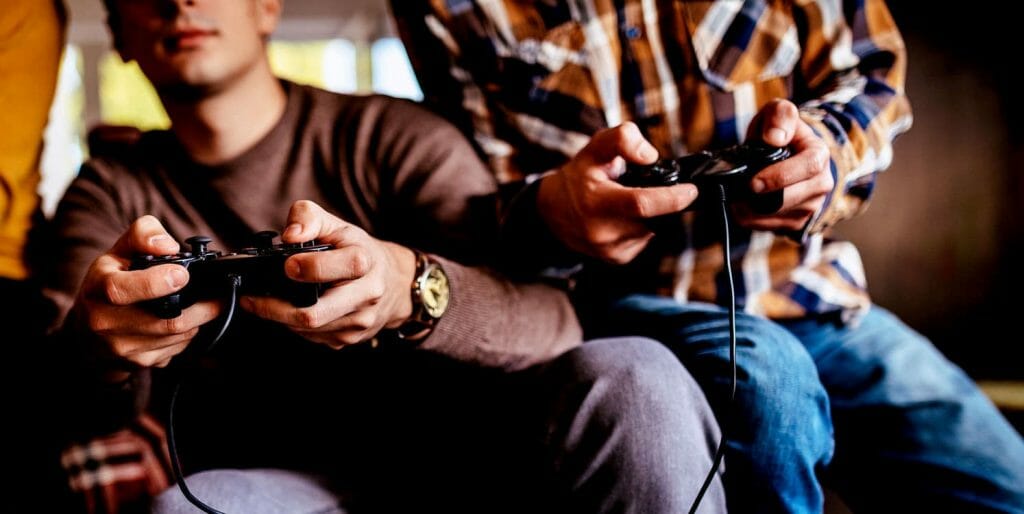
I Started Hanging Out at The Cybercafe
One night, I went to the shops near the office after work. I was edgy, anxious, nervous. Then I overheard a snatch of conversation between some college students. They were talking about a game I used to play as a teen – Defense of the Ancients (DotA).
Suddenly, I was in the middle of the conversation. It felt good, talking to people who were not somehow tied to work. When they invited me to join them for a few rounds of DotA, I said sure.
For the first time since the divorce, I felt alive. We parted as gaming friends that night, and they invited me to join them again. Of course, I accepted.
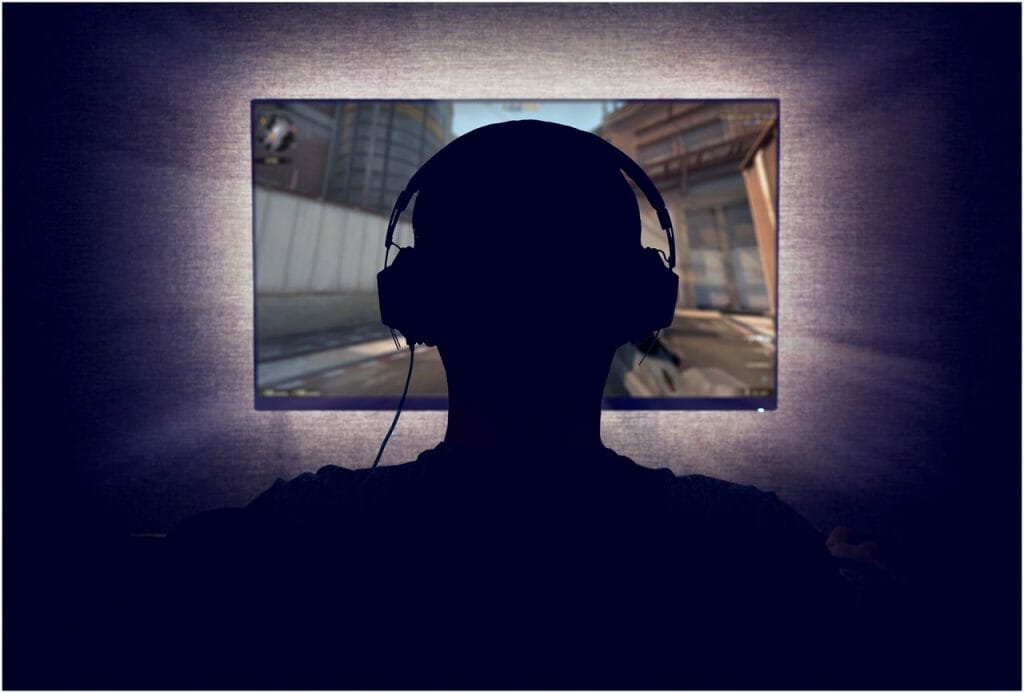
Those first few nights, I got into what game designers call “Flow State” – a state of full immersion where thought and action are seamlessly blended.
For the first time since my divorce, I went home feeling happy and alive. I floated on Cloud 9 that entire week.
Gaming Became My Only Reason to Exist
After a few weeks, playing wasn’t enough – winning was.
My colleagues realized something was up pretty quick. I was antsy, irritable and cranky. My hands twitched. My lunch hour was spent watching game replays for tips and tricks.
My life started to revolve around playing the game. I started getting irritated with five-minute chat breaks. I could only feel good, bad or in between when in the game.
The next thing I knew, I was leaving the office on my lunch break to sneak in a quick 30-minute match.
The 30-minute match became an hour. My lunch break became two hours long.
I have absolutely no idea how I didn’t get fired.
One Weekend, I Spent 18 Straight Hours Gaming.
The last straw was when I found myself kicked out of the cybercafe – and I realized I’d spent a straight 18 hours in there from Friday night till Saturday afternoon.
I didn’t have the cash to get home by taxi, and it was a 10-kilometer walk in the blazing mid-afternoon sun.
When I got home, my feet hurt, and my back was sore. My tongue felt swollen and my head felt that it was two or three sizes too small for my brain.
I passed out – and woke up with a jolt. It was 3 pm on Sunday.
I got some water and Panadol. Then as an afterthought, I found something to eat.
Halfway through the food, I was thinking about heading back to the cyber cafe – and that’s when I realized (like an arrow to the knee) that I had a problem. I was developing an actual dependency – a gaming addiction.
As if to prove a point to myself, I stayed out of the cyber cafe for the rest of the weekend, but I was crawling up the walls of my apartment all day.
On the plus side, I got a weeks’ worth of laundry, dishes and household stuff done. I got my house back in order.
But on Monday morning, I called in sick and went to see a therapist.
Getting Therapy for Gaming Addiction
Back in 2010, gaming addiction was not recognized, let alone diagnosable. After seeing several therapists, I finally found one that took me seriously.
Therapy made me realize the divorce had messed me up big time. I’d turned to gaming because it was my way to cope with the sense of emptiness after everything that had happened.
If I hadn’t gone for therapy, I would probably be one of “those guys” in a back corner of the cybercafe, locked in that endless cycle.
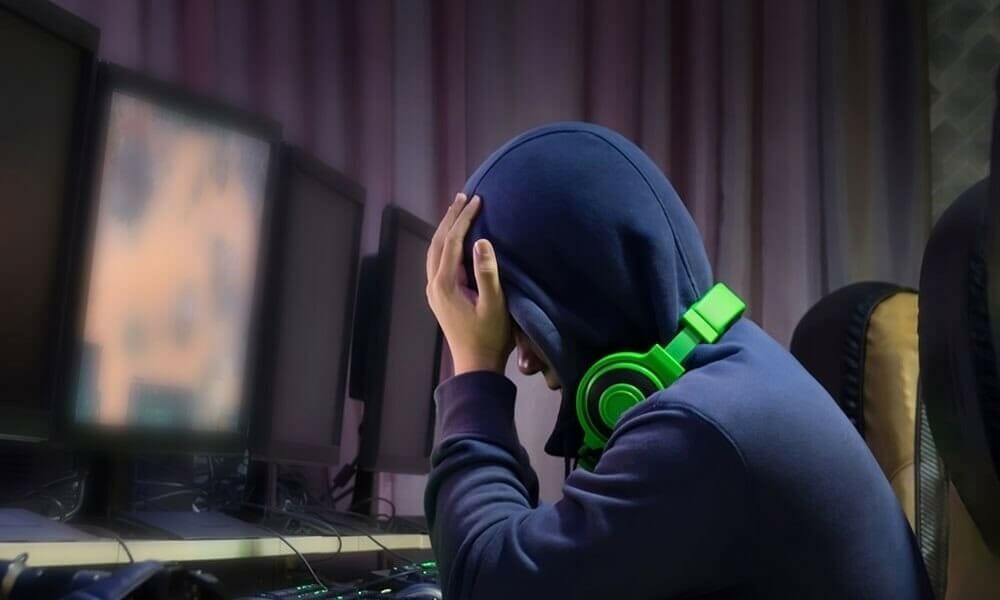
My therapist handled me like an addict going through recovery and withdrawal. At their advice, I sought out other activities where I had to be physically active.
So I joined up with a local Nerf Community. The Nerf community is like paintball, but you play with blasters and shoot each other with sponge bullets instead. It’s good fun.
The Same Rush Without The Addiction
Surprisingly, what I learned in my gaming at the cybercafe carried over to Nerf. There’s a lot of teamwork and communication.
At first, I wasn’t feeling it, but after losing the first three matches, and winning the fourth, I felt that spark of adrenalin I used to get when I won in a digital game. I felt alive.
One of the best things about Nerf as a game was that it got me outdoors, exercising and interacting with people.
Winning was great, but losing somehow didn’t seem as bad with Nerf. There were things to laugh about, not get mad about. It was, after all, a game.
I wasn’t twitchy, grumpy, irritated, or constantly snapping at my Nerf teammates. Some of them were as young as 8, and the oldest was 40.
This helped temper my social skills and put a lot of things in perspective.
Nerf could have become an addiction, but it didn’t. Nerf games need people meeting in real life, which generally happens on weekends. There were tournaments where we went all out, but the fun, the rush, the thrill of the win were all there.
The Power Of The Dark Side
Later on, my therapist suggested I branch out to something completely different.
Every kid who has seen Star Wars has felt the urge to wield a lightsaber as a Jedi or a Sith. I got my chance to do both with the Force Arts Stunt Team. It was acting, fight choreography and a lot of live performances.
From the punishing training schedules to the madcap performances in Penang, Perlis, KL and Johor, three years went by.
Then, my once-stalled career took an unexpected turn and I parted company with my lightsaber team. I still have my Lightsabers.
It was around the time I parted ways that I realized I had completely gotten over my gaming addiction. Ironically, the power of the Dark Side had helped me get over my “real” dark side.
Before this, gaming addiction had always been there. Like a voice in my head, it was always screaming, whispering, demanding, pleading and begging me to “hit up a cybercafe” or “just get in one match, one match won’t hurt.”
That Voice of Addiction was Finally Silent
But after that parting, I no longer felt the urge to fill my time with video games.
I think it’s fair to say that I was lucky. I got hit hard early by my addiction, and had my head on straight enough to recognize I was addicted.
Once it was dealt with, my therapist helped me deal with the emotional trauma and baggage I was carrying around from the trainwreck of a divorce.
To be clear: I don’t think video games in of themselves are at fault. Addiction is about chasing something to get an endorphin rush.
I was chasing the “Winner’s High” or “Winner’s Rush.” Video games are designed to give you that in small doses so that you will keep playing.
For me, it was easier to take refuge in a game rather than face the horrors of my reality at that time in my life.
It was a crutch for what I really wanted: A way to rejoin and reconnect with people and the rest of the human race in the aftermath of a life-destroying divorce.
But now that I’ve got proper help and worked through the aftermath, I am a better person for it all.
For more stories about gaming, read Professional Gaming Cost Me My Girlfriend. Here’s My Story and Malaysian Girls, Here’s 5 Reasons Why Dating a Gamer Isn’t so Bad.
You might also like
More from Real Mental Health
“I Was Scared of Waking Up in Handcuffs,” shares Depressed M’sian on Repealed Law
In 2023, Malaysia repealed Section 309, a colonial-era law that made suicide attempts a crime. The change marked a shift …
‘Everyone Saw A Successful Student While I Was Crumbling,’ Shares 22 Year Old Student
This is a story of a 22 year old woman who shared her story as a Straight A’s student as …
5 Harmful Mental Health Myths Malaysians Still Believe
Let’s break down five of the most common myths Malaysians still believe, and why it’s time to let them go.






